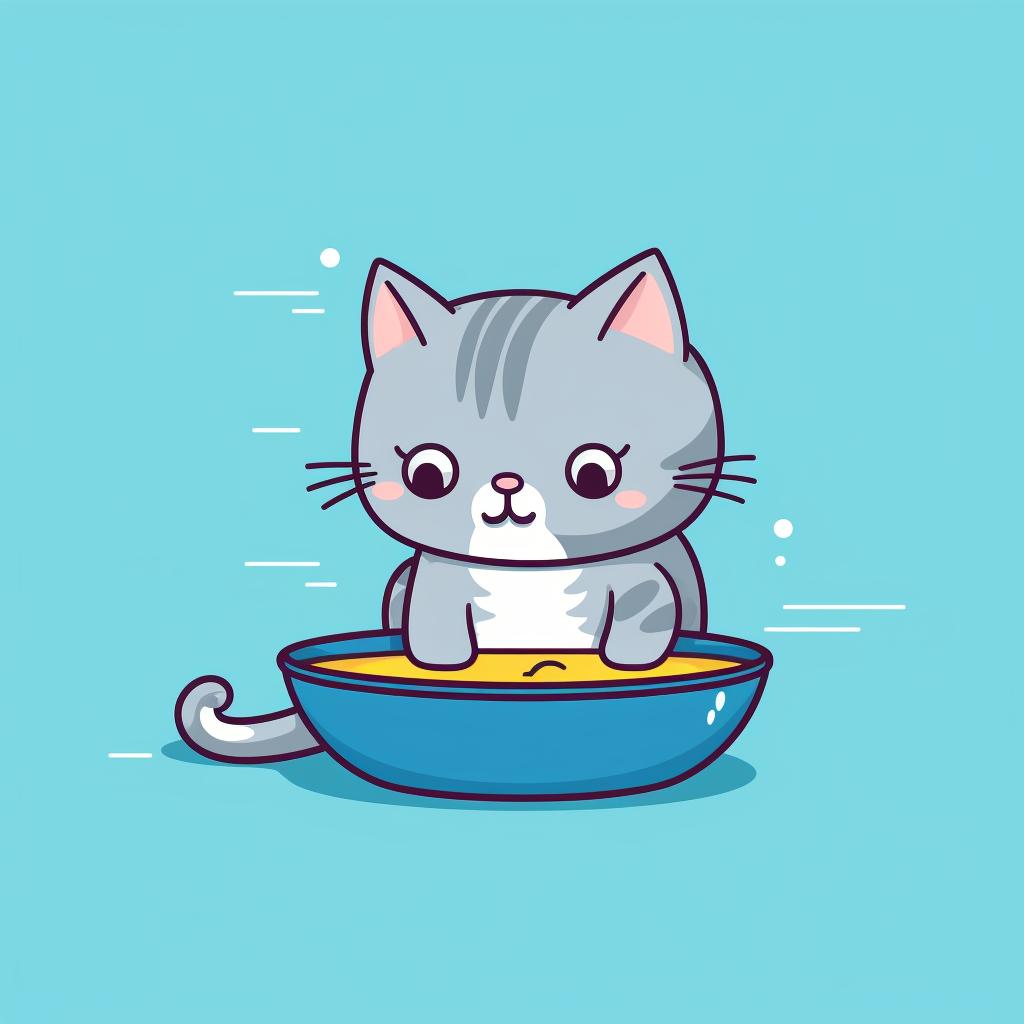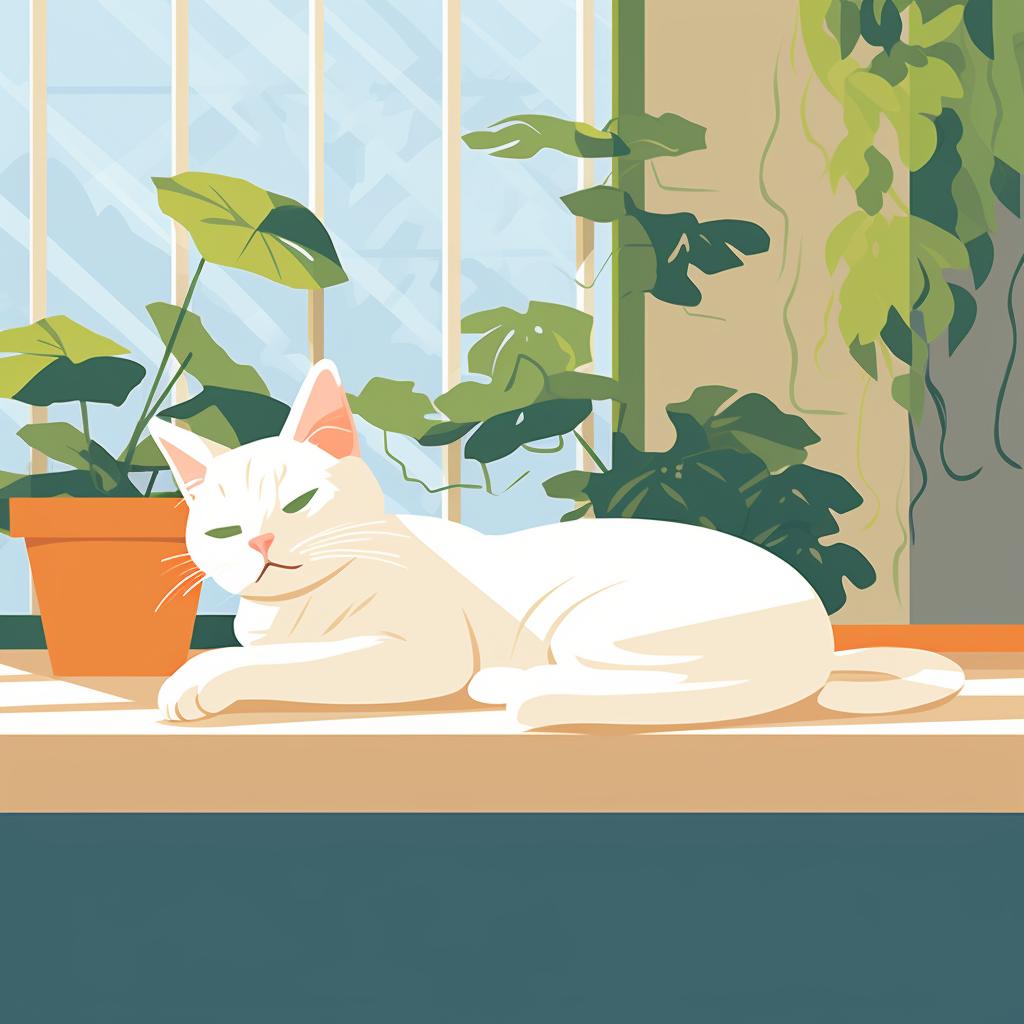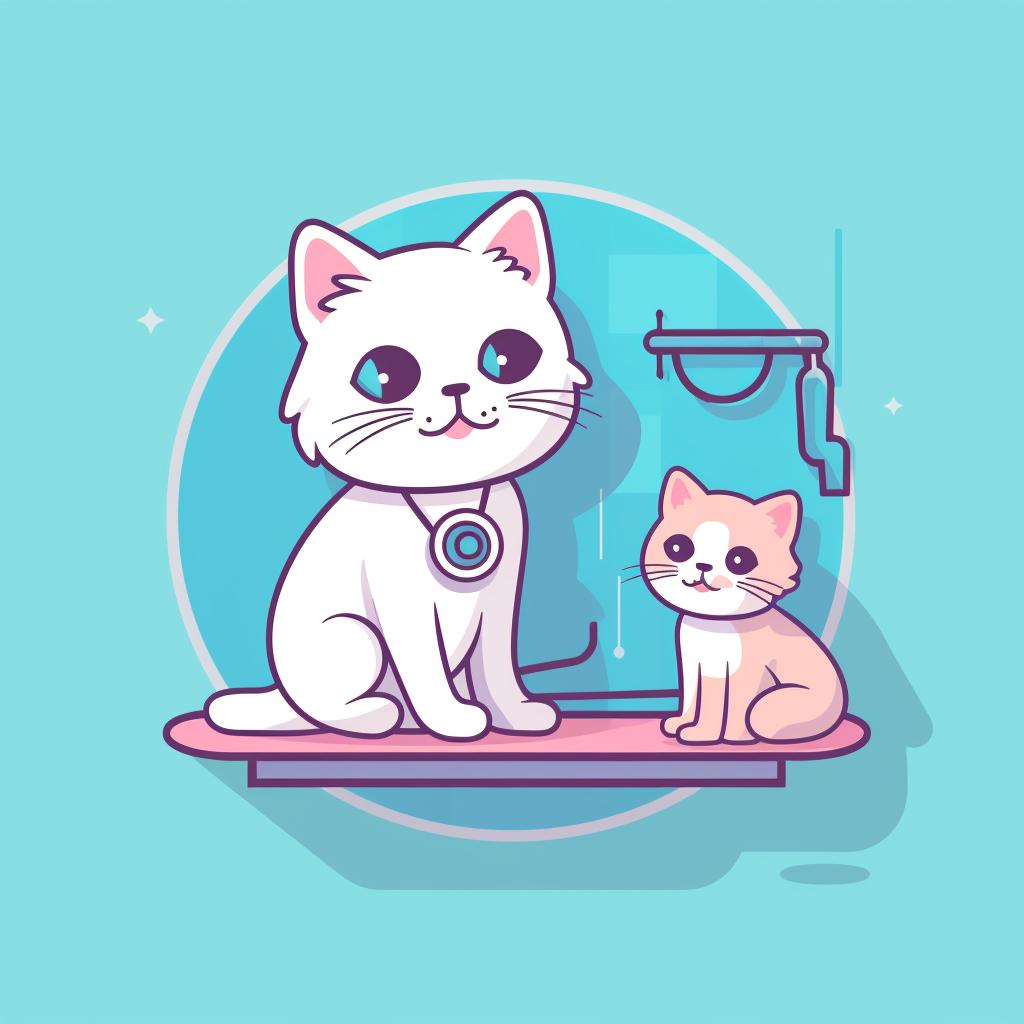Aid Your Panting Cat: 🐱 A Step-by-Step Guide
Is your cat panting and you're unsure of what to do? Don't panic. At Cat Mutt, we're here to guide you through this unusual behavior and provide you with steps to ensure your feline friend is comfortable and safe. Panting in cats could be a sign of various issues, from heat exhaustion to stress or even a health condition. It's important to observe your cat and take action as needed.
Our Aid Your Panting Cat: A Step-by-Step Guide above provides a detailed walkthrough of what you can do when your cat starts panting. Following these steps can help you manage the situation effectively. However, it's crucial to remember that if your cat's panting persists or is accompanied by other symptoms, seeking veterinary attention is paramount.
Understanding your cat's behavior can be a challenge, but it's not impossible. If you're a first-time cat owner, you might find our article on how to take care of your first cat useful. This guide provides a wealth of information to help you understand and respond to your cat's needs effectively.
Heat can be a common cause of panting in cats. If you suspect your cat is overheating, our article on surviving feline heat offers practical tips on how to help your cat during hot weather. Remember, moving your cat to a cooler location can often help mitigate panting caused by heat.
Stress is another common cause of panting in cats. If you think your cat might be stressed, our guide on soothing feline distress can provide you with strategies to comfort your feline friend and reduce their stress levels.
Lastly, if you're dealing with a panting cat and you're not sure why, our article on why your cat might be panting and what you can do about it can provide further insights into this behavior. Knowledge is power, and the more you know about your cat's behavior, the better you can provide for their needs.
At Cat Mutt, we're dedicated to helping you provide the best for your cat. We hope these resources will assist you in understanding and addressing your cat's panting. Remember, when in doubt, always consult with a professional vet.

















